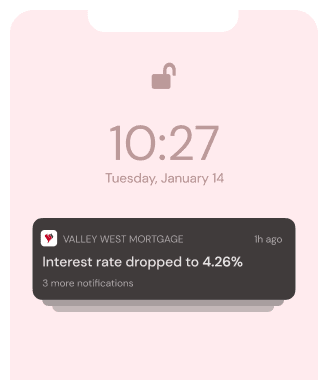Mortgage rates have seen historic lows due to a long running bull-market in bonds. Specifically mortgage backed securities. The demand has surpassed the supply and has caused interest rates to drop to the lowest rates in the last 10 years. As the demands start to be fulfilled, mortgage rates will start to go up. The market is at it's turning point according to portfolio managers-some of whom are running the nation's largest bond funds. This means it is time to say goodbye to the longest bull market for bonds in history. The reason: growing worries about inflation. While it is not a problem right now, there are several strong economic factors that typically lead to higher prices down the road.
Rates are already starting to rise, even without the Fed. This week, Treasuries and Mortgage Backed Securities saw a sharp sell-off, bringing yields-which move opposite to prices-to their highest level since October. Rising yields, when coupled with inflation, are a double-whammy to the value of bonds. With job growth comes purchasing power and pricing pressure on businesses and consumers. Yigal Jhirad, portfolio manager for Cohen & Steers, thinks this pressure is already underway. While significant inflation and higher mortgage rates are still far down the road, it is clear that they are on the horizon. This is actually a good thing for housing. The housing market has always performed better in the "sweet spot" of mortgage rates which is in that 5.50% to 7.00% range.
What happened to rates last week?
Mortgage backed securities (MBS) lost -93 basis points from last Friday to the prior Friday which pushed mortgage rates significantly higher from the prior week and marks the second straight week of higher mortgage rates. We have received month after month of positive economic news which would normally pressure mortgage rates upward but due to global instability, mortgage rates have benefitted from strong demand in MBS which have offset the positive economic news. But bonds started to sell off in a big way last week which pushed mortgage rates higher.


Instant notifications for your scenario
Let's do it⏰ Your offer will be delivered to your inbox in less than a minute!